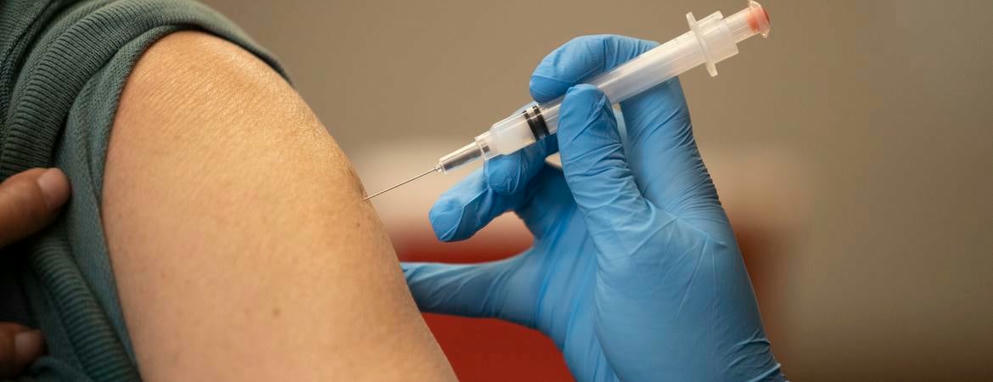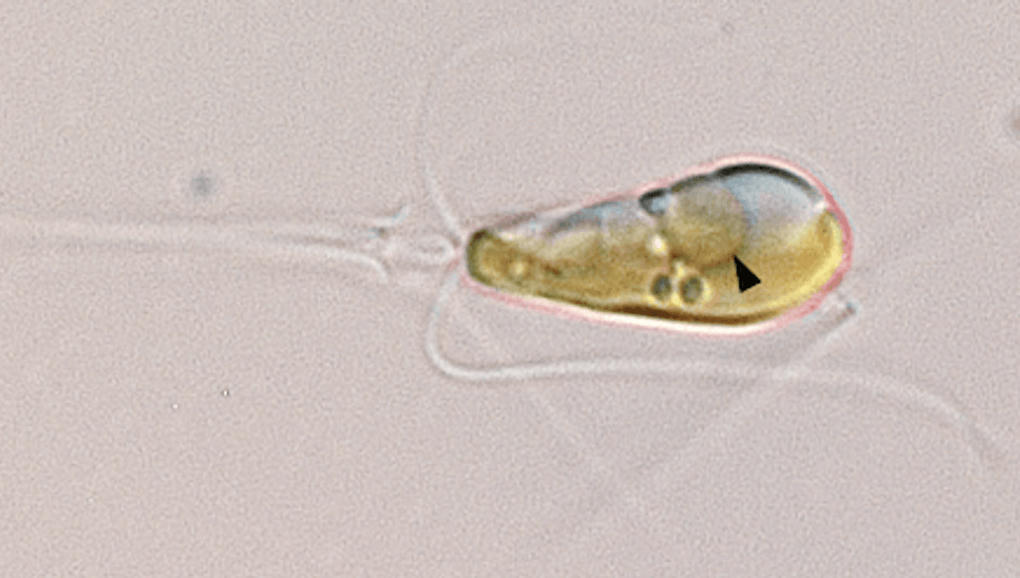
Amazon received critical headlines this year when reports questioned the “Just Walk Out” technology installed at many of its physical grocery stores.
The AI-powered system enables customers at many of its Amazon Fresh and Amazon Go shops to simply pick their items, and then leave.
The AI uses lots of sensors to work out what you have chosen. You then get automatically billed.
However, back in April it was widely reported that rather than solely using AI, Just Walk Out needed around 1,000 workers in India to manually check almost three quarters of the transactions.
Amazon was quick to claim that the reports were “erroneous”, and that staff in India were not reviewing video footage from all the shops.
Instead it said that the Indian workers were simply reviewing the system. Amazon added that “this is no different than any other AI system that places a high value on accuracy, where human reviewers are common”.
Read the full article at: www.bbc.com








